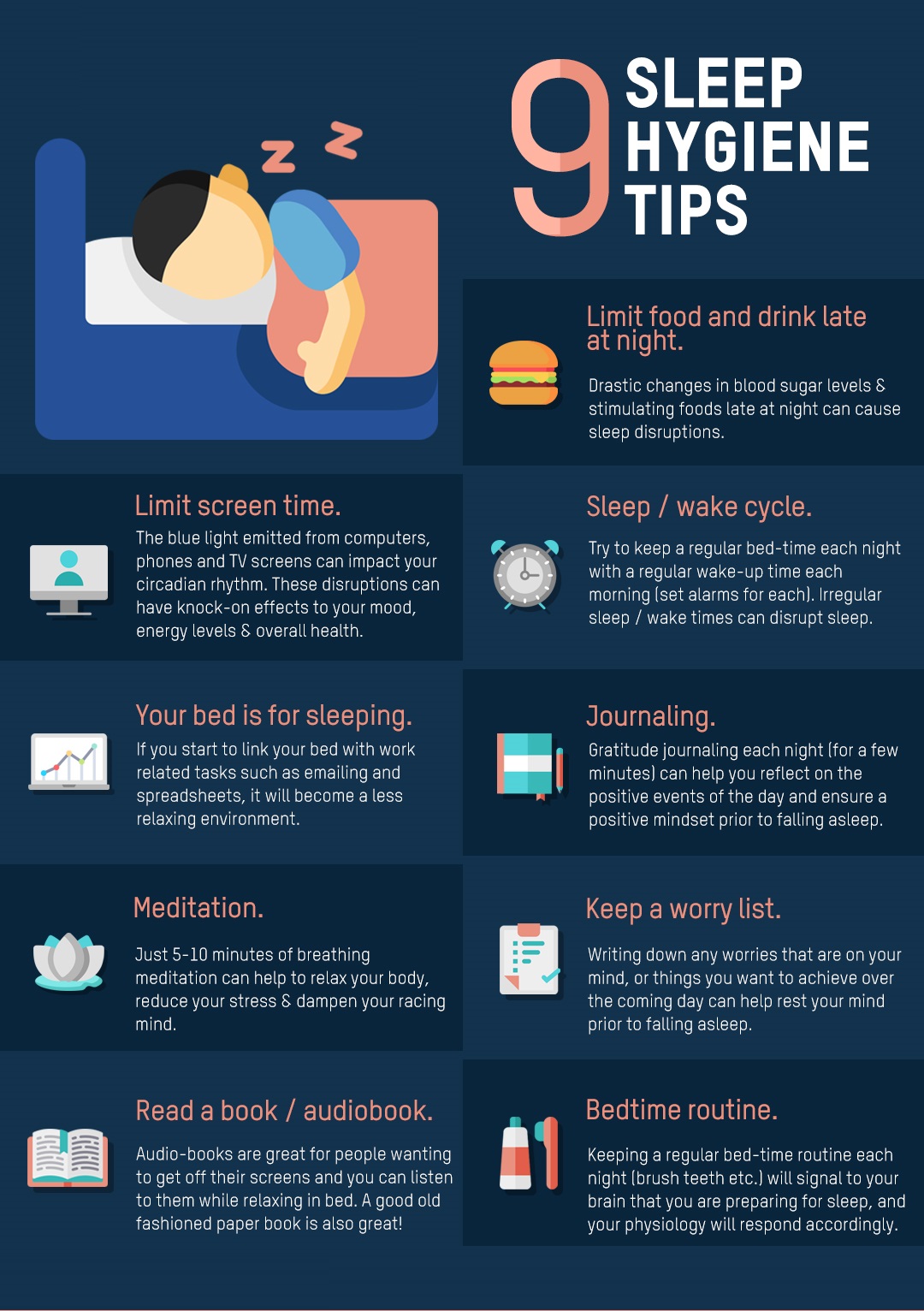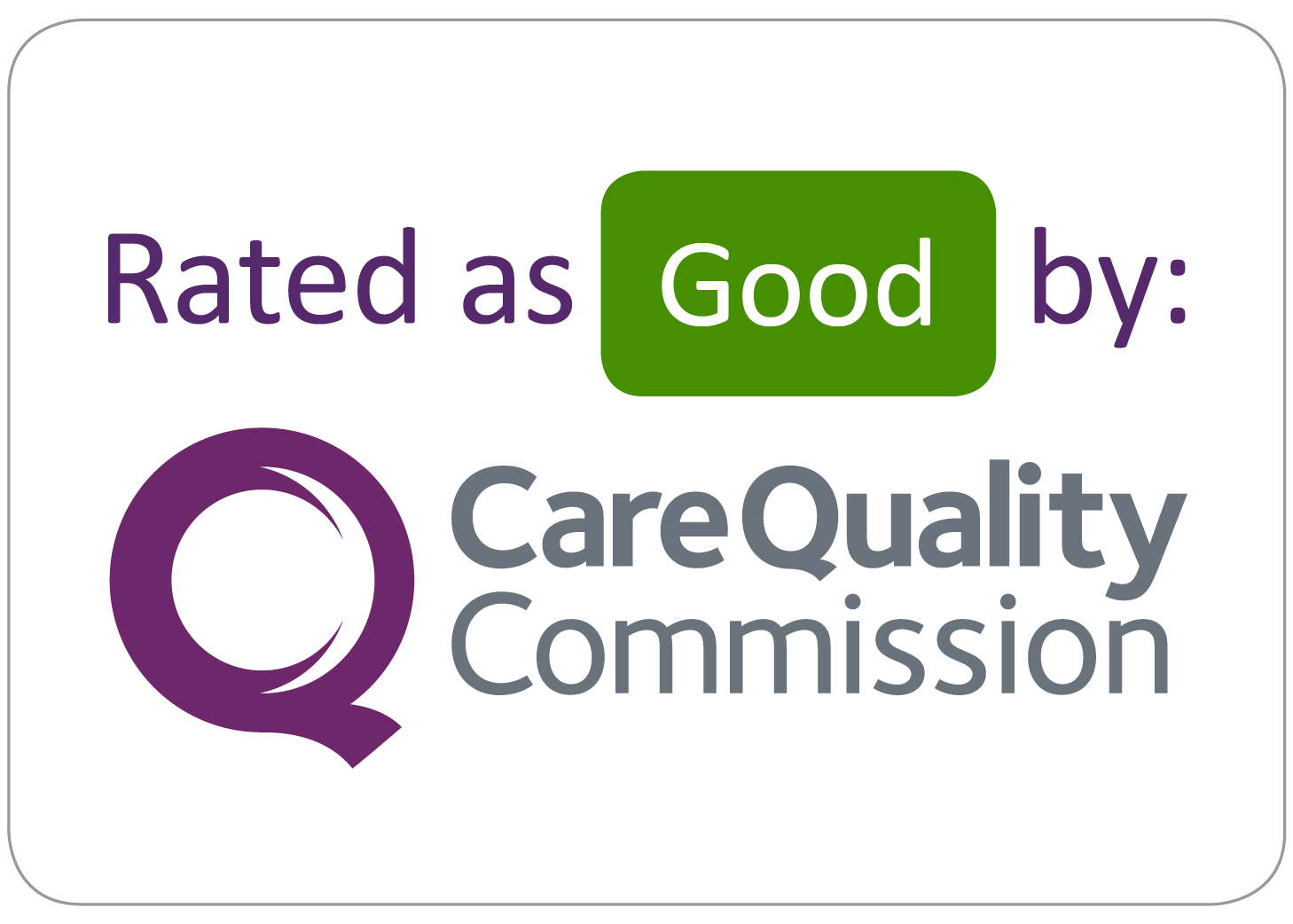Sleep

Some of the difficulties with sleep people with cancer often struggle with are; difficulty falling asleep and staying asleep, hot flashes and night sweats which can cause people to wake or make it difficult to get comfortable to sleep, excessive daytime sleepiness, restless legs syndrome and worry / anxiety.
Mental reframing: Is about reviewing the negative thoughts and emotions around sleep and begin to develop more positive and mindful habits.
Relaxation techniques: Both progressive muscle relaxation and deep breathing exercises physically calm the body into a state conducive to sleep. The process of completing the exercises also gives the mind something to focus on, other than the worries and anxiety about cancer.
Sleep hygiene: Good sleep behaviour, such as following a bedtime routine, adhering to a consistent sleep schedule, keeping the bedroom cool and dark, and avoiding heavy meals, stimulating caffeine, or alcohol at night.
Sleep schedule: Only spend time in bed when supposed to be asleep and get out of bed at wake time, whether or not you have had a full 7 hours. It is advised to NOT take naps during the day. The idea behind sleep restriction is that it eventually forces the brain to naturally adhere to that set sleep schedule.

Sleep products
Cooling products - can provide relief for cancer patients dealing with night sweats or hot flashes. These mattresses are designed with more breathable materials, such as gel-infused foams or latex, to provide a cooler sleep surface.
White noise machines - help many individuals with insomnia fall asleep. These standalone electronics or smartphone apps have large libraries of nature sounds, classical music, or traditional white noise to block out distracting noise and thoughts.
Weighted blankets - can be calming for a variety of individuals, but many patients with Restless Leg Syndrome find that they adequately soothe symptoms.
The Macmillan Cancer Support website has more information click here to access.
The Headspace app offers medications and support when experiencing difficulty sleeping.
Calm is a very popular app, has many free resources, including help for sleep.
Sleepio is a clinically evidenced sleep improvement programme which is fully automated and highly personalised using cognitive behavioural techniques to help improve poor sleep.
If you have have a question for the First Steps team please submit it on the form below
Please note, if your question needs an urgent response you should contact your clinical team directly.
The First Steps team aim to respond to your question within a few days. Please bear in mind the information team's working days are Monday to Friday. Any questions submitted may be used anonymously as part of the frequently asked question section of the First Steps website.

















